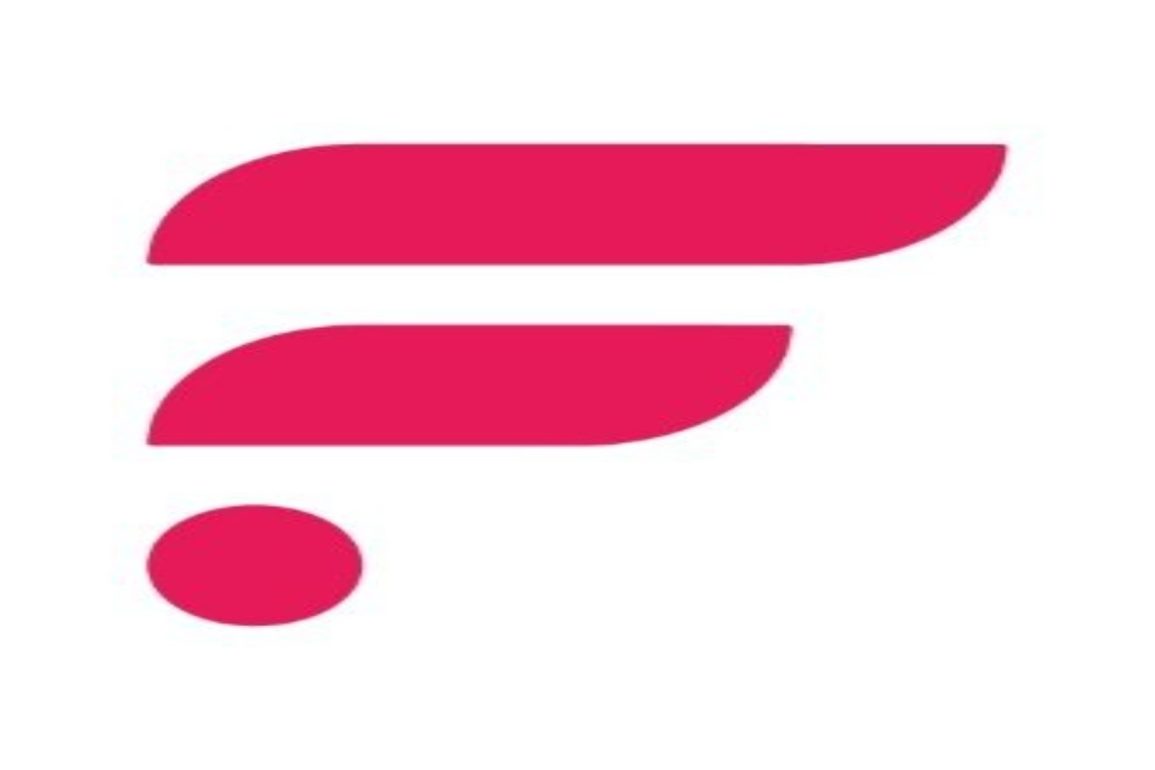- Summary:
- Flare developers can now create secure and efficient cross-chain applications using LayerZero while leveraging the benefits of ZK proofs.
The Polyhedra community has approved a proposal to integrate Flare with Polyhedra’s zkBridge DVN. This integration will empower Flare developers to create secure and efficient cross-chain applications using LayerZero while benefiting from the cryptographic guarantees of ZK proofs.
zkBridge is a trustless, efficient, and secure cross-chain interoperability protocol and one of LayerZero’s Decentralized Verifier Networks (DVNs). It supports more than 30 layer-1 and layer-2 networks, and has successfully verified more than 20 million cross-chain transactions. zkBridge uses zkSNARKs to enable a prover to efficiently convince the receiver chain that a certain state transition happened on the sender chain. In addition to robust bridging safety, enabled by ZK proofs, zkBridge offers strong liveness guarantees, since only one honest member of the validator set is required for bridging.
Hugo Philion, Flare Co-founder, said: “Polyhedra’s zkBridge adds an additional security layer to LayerZero’s interoperability protocol and will be welcomed by Flare developers and users alike. Its integration is a sign of the growing support for Flare from cross-chain protocols and demonstrates the value of ZK technology in making it easier for value to flow freely between networks.”
Eric Vreeland, Chief Strategy Officer of Polyhedra said: “We are excited that the Polyhedra community has voted to support the integration of Flare with zkBridge. The level of activity on Flare has been ramping up and reliable bridging protocols are the key to accelerating this while maintaining decentralization. We look forward to seeing how Flare developers utilize zkBridge to create dapps that draw data from a rich variety of multi-chain protocols.”
zkBridge utilizes zkSNARKs to securely relay and verify block headers and consensus across different chains. It uses a 2-layer recursive proof system to achieve fast proof generation and low on-chain proof verification cost to support cross-chain applications. Polyhedra’s zkLightClient technology in particular dramatically reduces onchain verification costs and latency by allowing for the efficient batching of multiple transaction verifications into a single proof.
On-chain light clients allow for the source chain’s validator set to attest to an event that occurred on their chain to a destination chain. Dapps deployed on Flare, for example, can draw data from other networks using zkBridge, allowing them to create powerful cross-chain financial applications for DeFi, including trading, perps, prediction markets, and much more.
The integration of Polyhedra’s zkBridge adds a layer of security on top of the LayerZero messaging protocol while making it easier for data and assets to flow freely to Flare, whose TVL has reached all-time highs. The number of wallets on Flare has also surpassed 1M as users have onboarded to its growing DeFi ecosystem.
About Flare
Flare is the blockchain for data: an EVM smart contract platform specifically designed to support data intensive use cases, including Machine Learning/AI, RWA tokenization, gaming and social. With decentralized, enshrined oracles secured at the network layer, Flare is the only smart contract platform optimized for decentralized data acquisition: price & time series data, blockchain event & state data, and web2 API data. By giving developers trustless access to the broadest range of data and data proofs at scale and for minimal cost, Flare expands the utility of blockchain and supports the development of new and improved use cases.
About Polyhedra
Polyhedra Network designs and develops scalable and efficient zero-knowledge proof protocols for large-scale ZKP systems with distributed computing networks. Its products include zkBridge, zkLightClient, and Expander, the world’s fastest ZK prover. Polyhedra applies zero-knowledge technology to web2 and traditional financial (TradFi) sectors to provide improved security, privacy, and efficiency.
Learn more: https://www.polyhedra.network/


